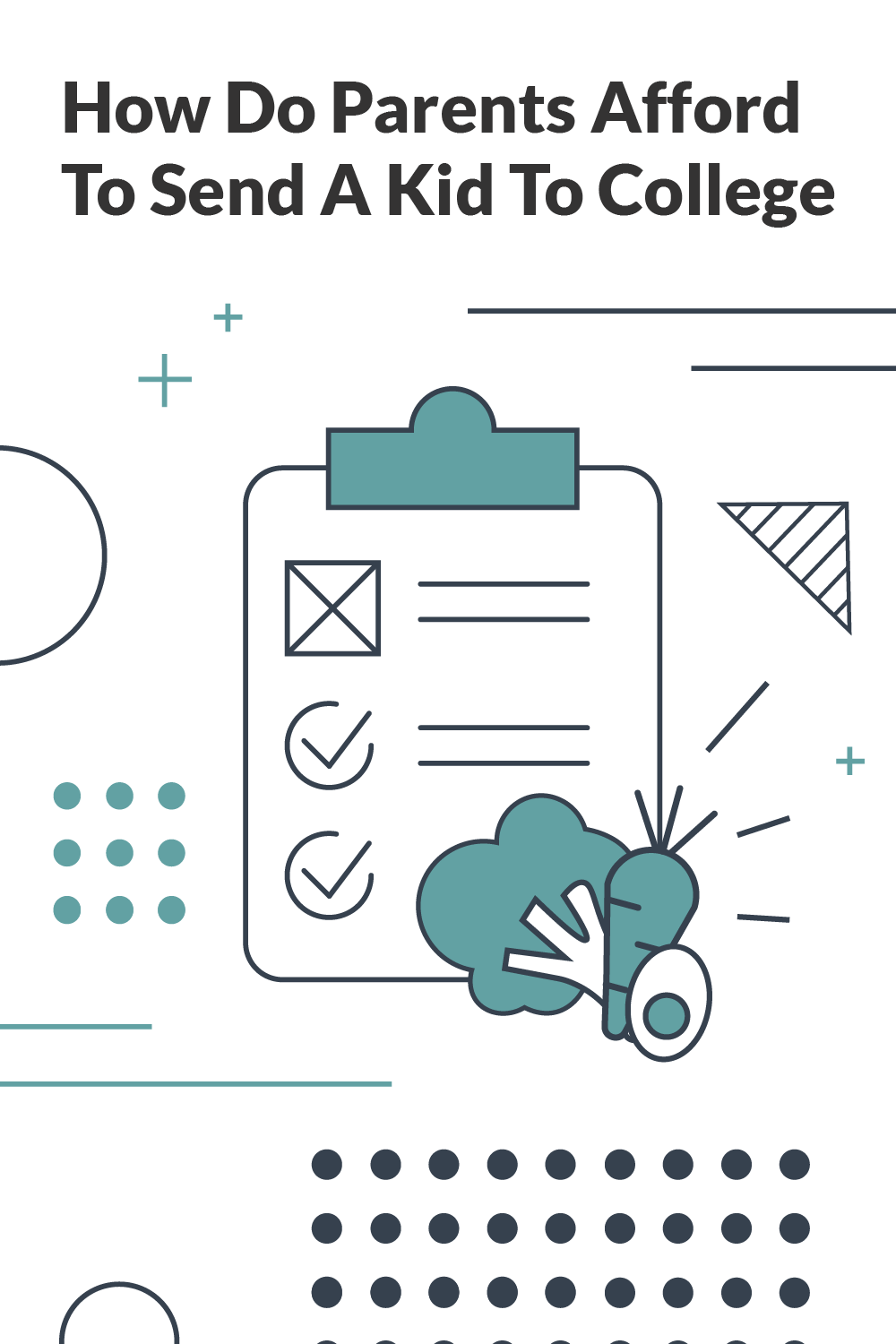
College meal plans are a way to prepay for your meals while on campus. This can be a convenient way to get food, as most college dorm rooms do not have kitchens.
Depending on the college, they may offer a variety of different college meal plans, ranging from pay as you go to an all-inclusive meal plan that covers all of your meals.
However, meal plans are an added expense, so understanding how college meal plans work and whether or not your student will use it is key.
How Do College Meal Plans Work?
A meal plan is a system to prepay for meals on campus. It can be determined by an amount of money, credits, or swipes assigned over a set time period, and it's typically tied to your ID. This can come in handy as many dormitories don't have kitchens, so having a meal plan is an easy and convenient way to get food. In fact, some colleges require that first year students living on campus purchase a meal plan.
Meal plans vary from school to school but typically there are a few different plans that offer different levels of access to meals.
Oftentimes, you can only change your meal plan in between semesters, though some colleges may allow you to change your meal plan more frequently.
What Are The Different Kind Of College Meal Plans?
A meal plan can work in several different ways. Here are a few different options for college meal plans:
Flexible Meal Plan — A flexible meal plan can be a good option for commuters or part-time students. Flexible meal plans may offer only a few meals per week or might give a certain amount of dining dollars per week rather than a set number of meals.
Light Meal Plan — This meal plan might offer one or two meals per day, and can be a good option for light eaters or people that have other sources of food.
Standard Meal Plan — The definition of a standard meal plan may vary slightly from school to school, but usually includes three meals per day. Some standard meal plans may also include extra money for snacks and other incidental food purchases.
Unlimited Meal Plan — An unlimited meal plan, as the name suggests, usually offers unlimited meals. While heavy eaters may find this an attractive option, it's also usually quite expensive. It may also not be particularly healthy.
It's common that meals do not roll over from week to week, and extra incidental meal plan money may or may not roll over from semester to semester.
Related: How To Budget As A College Student [Sample Student Budgets]
Is A College Meal Plan Right For You?
First, you may not have a choice. Depending on your situation, your college may require it. But even if this is the case, you'll need to choose the plan that fits your lifestyle. If you plan to eat three meals a day on campus, then you'll want at least the standard plan.
However, if grabbing a granola bar from your bed side table suits you for breakfast, and you often can grab dinner out (perhaps you work in a restaurant at night or have family nearby) then the light meal plan might fit your needs.
If you are commuting to your classes, a meal plan still can be a good option, but you likely would want to get one that is cheaper and offers fewer meals. Also consider whether getting a set number of meals or a more flexible meal plan makes the most sense for you.
If this if your first time away at college, it may make sense to get a meal plan your first semester even if it's not required— it's probably better to have meals that you don't use than have to worry about where your next meal is coming from while also trying to navigate the other stresses of your first year at college.
Related: What Are Qualified Expenses For A 529 Plan (And What Counts And What Doesn't)
Are Unlimited College Meal Plans Worth It?
While an unlimited college meal plan may sound like a great option, it may not always be the best choice. Unlimited college meal plans (if your school even offers them) tend to be significantly more expensive than other meal plan options.
If the standard plan isn't quite enough food, you can always get snacks at the grocery store to keep in your room. This may be a good way to supplement your food, while not spending more than necessary on an expensive meal plan.
Refunds Of Unused Meal Plan Dollars
It's important to remember that currently, most colleges will keep unused meal plan dollars. It's "use it or lose it."
However, the Department of Education is working to change that with a new proposal that will require colleges to refund unused meal plan dollars within 14 days of the end of the semester. If this rule does pass, it likely won't go into effect until at least the 2025 - 2026 school year.
So, until then, realize that if you over-buy a meal plan, you may lose out on the unused portion.
The Bottom Line
College meal plans are prepaid accounts that students can use to pay for meals and other food while on campus. A college meal plan may offer a certain number of daily or weekly meals in an on-campus cafeteria, prepaid dollars that can be used to buy snacks, groceries or other food, or a combination of both.
Choosing the right college meal plan can take a bit of trial and error before you find the right dining plan for your specific situation.

Dan Miller is a freelance writer and founder of PointsWithACrew.com, a site that helps families to travel for free / cheap. His home base is in Cincinnati, but he tries to travel the world as much as possible with his wife and 6 kids.
Editor: Ashley Barnett
